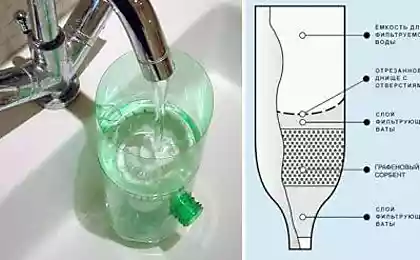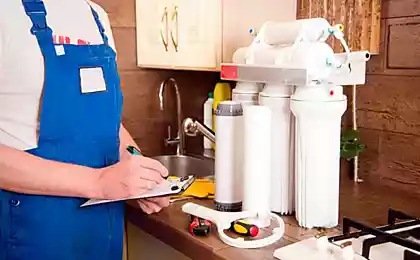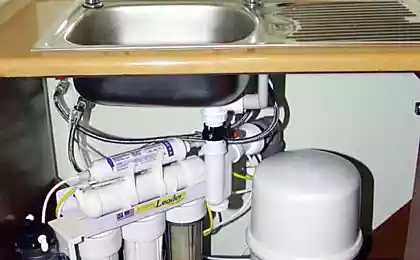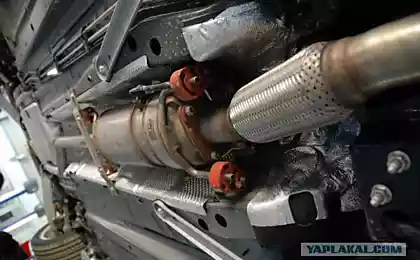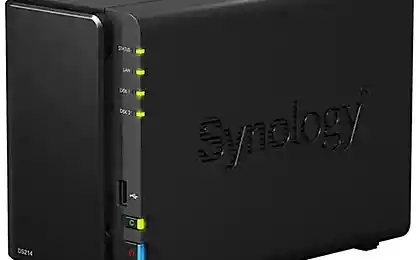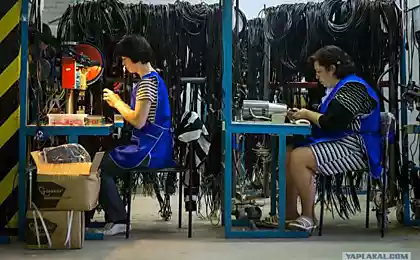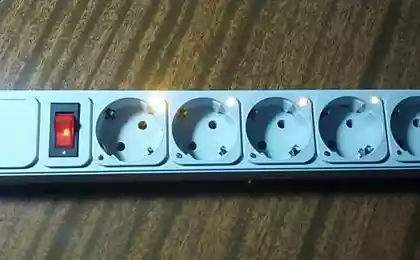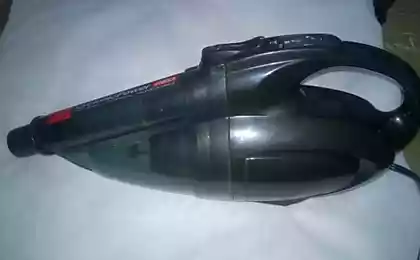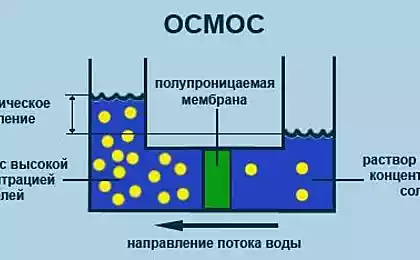178
What not to include in the network filter with your computer
It is difficult to imagine life in the XXI century without the presence of various technologies that significantly facilitate life. Modern man from childhood used to use the gifts of technological progress. It is hard to believe that a few decades ago, even a network filter for a computer was something of a fiction.
But it’s not about how much progress the world has made technologically. This article is edited "Site" It was dedicated to more pressing issues. Specifically, safety rules when using electrical devices. In particular, the same network filter.

We will tell you why you can not overload the network filter for your computer and how a kind of energy saving helps to protect your home.
As mentioned earlier, we are used to using all the benefits of modernity in full program. Every second user uses the same network filter for a computer, often without thinking about the consequences of such exploitation.
Often, not only the computer itself is connected to one network filter, but also all related devices (system unit, monitor, printer, etc.).
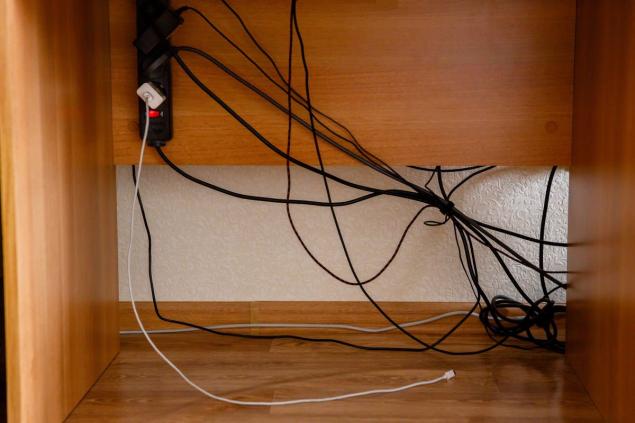
The problem is that the total load on the network from the simultaneous connection of several electrical appliances often exceeds the maximum recommended norm.
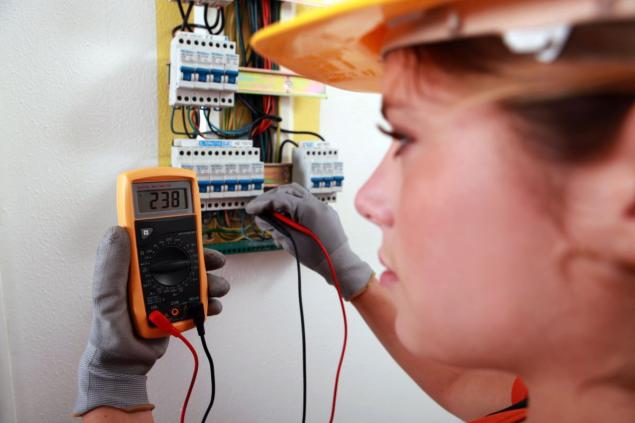
We offer to consider the least harm from overloading the home network. Mainly it will consist only in the fact that it will provoke interruptions in the supply of electricity. This is due to the reaction of the network filter protection system.

At the same time, the user risks damaging or even losing important electronic data stored on his PC.
In addition, there is a risk of regular failures in the operation of the operating system of the device. And sometimes even a complete failure of one or more computer components is possible.
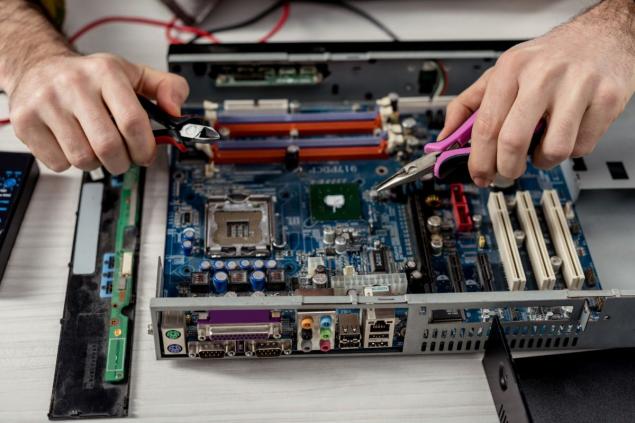
If the network filter does not have a protection system or it did not work, the load will go to the general home network. This entails such consequences as partial or even complete damage to the wiring.

The risk level is increased when some circuit breakers and other home fuses fail or fail to provide the required level of protection. Especially if the wiring is already very old and not copper, but aluminum.

Perhaps it would be superfluous to describe how unpleasant the consequences of such an incident can be. Obviously, this scenario is better not to allow.
However, our task is only to prevent possible risks. And how to act in the end, everyone decides on their own.
But it’s not about how much progress the world has made technologically. This article is edited "Site" It was dedicated to more pressing issues. Specifically, safety rules when using electrical devices. In particular, the same network filter.

We will tell you why you can not overload the network filter for your computer and how a kind of energy saving helps to protect your home.
As mentioned earlier, we are used to using all the benefits of modernity in full program. Every second user uses the same network filter for a computer, often without thinking about the consequences of such exploitation.
Often, not only the computer itself is connected to one network filter, but also all related devices (system unit, monitor, printer, etc.).

The problem is that the total load on the network from the simultaneous connection of several electrical appliances often exceeds the maximum recommended norm.

We offer to consider the least harm from overloading the home network. Mainly it will consist only in the fact that it will provoke interruptions in the supply of electricity. This is due to the reaction of the network filter protection system.

At the same time, the user risks damaging or even losing important electronic data stored on his PC.
In addition, there is a risk of regular failures in the operation of the operating system of the device. And sometimes even a complete failure of one or more computer components is possible.

If the network filter does not have a protection system or it did not work, the load will go to the general home network. This entails such consequences as partial or even complete damage to the wiring.

The risk level is increased when some circuit breakers and other home fuses fail or fail to provide the required level of protection. Especially if the wiring is already very old and not copper, but aluminum.

Perhaps it would be superfluous to describe how unpleasant the consequences of such an incident can be. Obviously, this scenario is better not to allow.
However, our task is only to prevent possible risks. And how to act in the end, everyone decides on their own.
